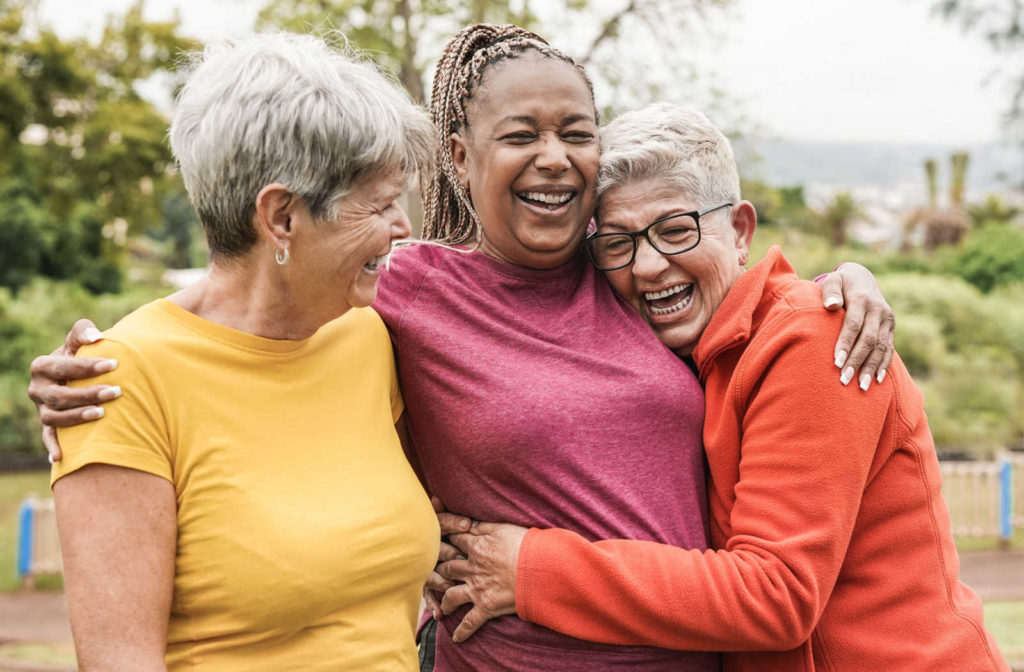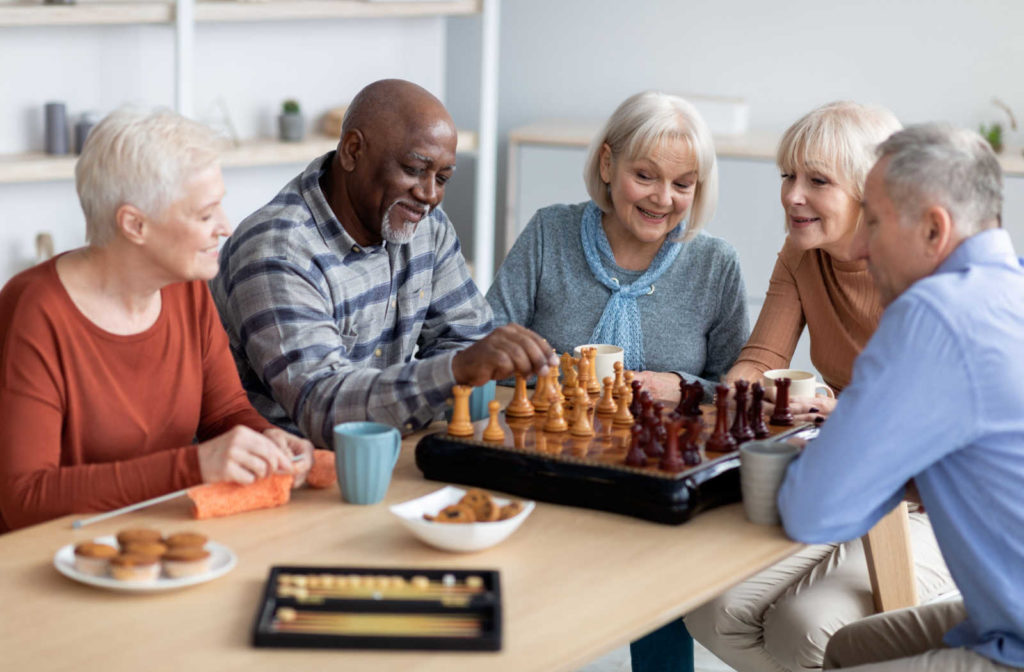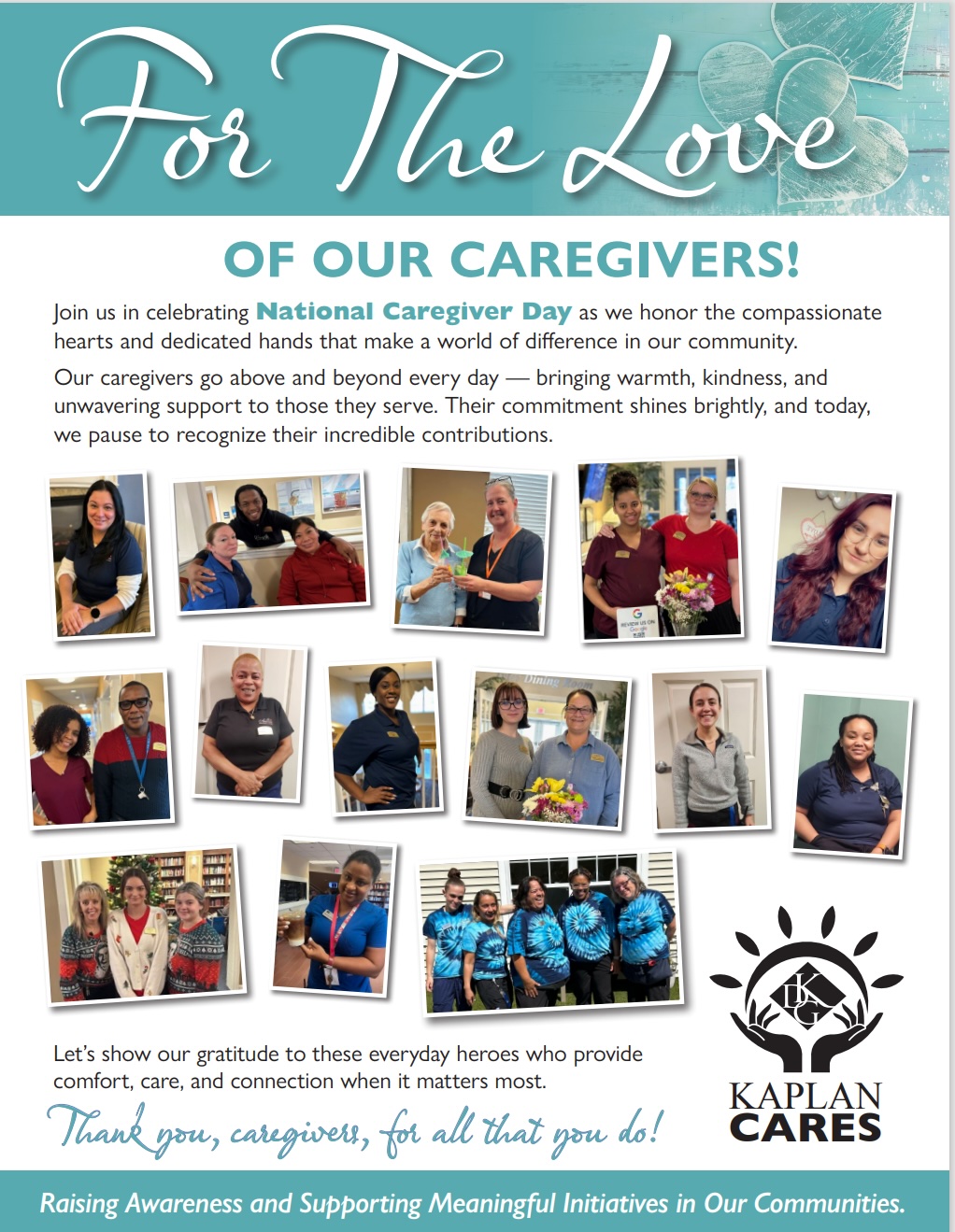When it comes to everyday life, having a community to support you can make a world of difference. The social connections seniors make are essential for their health. However, many older adults don’t have ways to make these connections.
Continue reading to learn more about how social connections help keep seniors healthy.
The Importance of Social Connections
A friend is important for almost everyone—a helping hand when you need it, someone to spend time with, or a shoulder to lean on. These connections have more benefits than you may think.
Regular socialization can improve your mental and physical health as you age. Unfortunately, many seniors don’t seek social connections for various reasons.
Why Do Some Seniors Avoid or Lack Socialization?
Many people assume you only need to introduce yourself, but reaching out to meet new people isn’t always easy. A healthy social circle can be difficult to cultivate and maintain, even more so as you age. Different obstacles can hinder your ability to socialize.
Previous research found that there are several reasons older adults may avoid or struggle to socialize and make new friendships:
- Loss of family & friends: Losing family & friends may affect someone’s ability to seek new friendships. Lacking social contacts may make seniors reluctant to make new connections, whether due to someone moving or passing away.
- Illness & disability: Chronic illnesses & disabilities can impact someone’s ability or desire to socialize. Older adults may not want to meet new people due to anxiety, fear of falling, transportation issues, or other worries.
- Social fear: People at any age can experience fear & anxiety. Older adults may worry about rejection or exploitation from new people. Another common assumption is that socializing will create new problems in their lives.
- Lack of family support: Family members used to be the primary caregivers for older adults, but many people cannot commit to this today. Without a consistent support system, seniors may struggle to socialize.
How Social Connections Keep Seniors Healthy
Social connections and friendships are an important part of life as you age. They mean more than you think, being vital for good health.
The social connections you have as an older adult help keep you healthy. Socialization can lower stress levels, lower the risk of poor mental health, provide a sense of belonging, increase exercise, and lead to more happiness.
Lower Stress Levels
Seniors lacking social connections can be more susceptible to stress and poor mental health. Stress can seem insignificant, but it can have many harmful effects on your body, including:
- Anxiety
- Depression
- Cardiovascular issues
- Gastrointestinal problems
Many people aren’t aware of how a support system can help seniors. Social connections can help decrease anxiety and help you cope when feeling stressed. Knowing someone is there for you can make a difference in life.

Lower Risk of Mental Health Challenges
Everyone feels lonely from time to time, but many seniors can feel completely isolated. It’s common for older adults to experience loneliness due to illness, loss of family and friends, hearing loss, or living alone.
Being isolated can significantly affect your mental health. It’s linked to an increased risk of depression and mental decline.
Sense of Belonging
People spend most of their lives looking for meaning in life, and this feeling doesn’t stop with time. Many older adults look for a sense of belonging as their daily lives change. This sense of belonging is vital for seniors, and without it, there can be an increased risk of health concerns, including:
- Poor mental health
- Poor physical health
- Lower cognitive function
With a supportive community, older adults can feel like they’re a part of something bigger than just themselves, which is important for a sense of belonging. To have regular social connections is to belong, and belonging matters.
More Exercise
Staying active is essential for an older adult, but many people can lack motivation. Seniors are more likely to feel motivated to be active when they have others to enjoy it with. In fact, research shows that seniors who socialize with others outside their family are more likely to exercise.
Physical activity benefits your health as you age, improving sleep, confidence, and brain function. Seniors who regularly exercise can:
- Improve mobility, flexibility, & balance
- Maintain or lose weight
- Reduce the impact of illness or disease
Improved Happiness
Social connections can increase happiness and quality of life. Additionally, spending time with friends and making new social connections can help lower the risk of anxiety and depression. Friendships are important—many social seniors have higher satisfaction with their lives.
Want to Know About a Place to Make Social Connections?
Consider a senior living community if you want a place to make long-lasting social connections and friendships. With the services and amenities provided by the community, there are plenty of opportunities to meet new people. Contact us if you’re interested in making new friendships through senior living.





